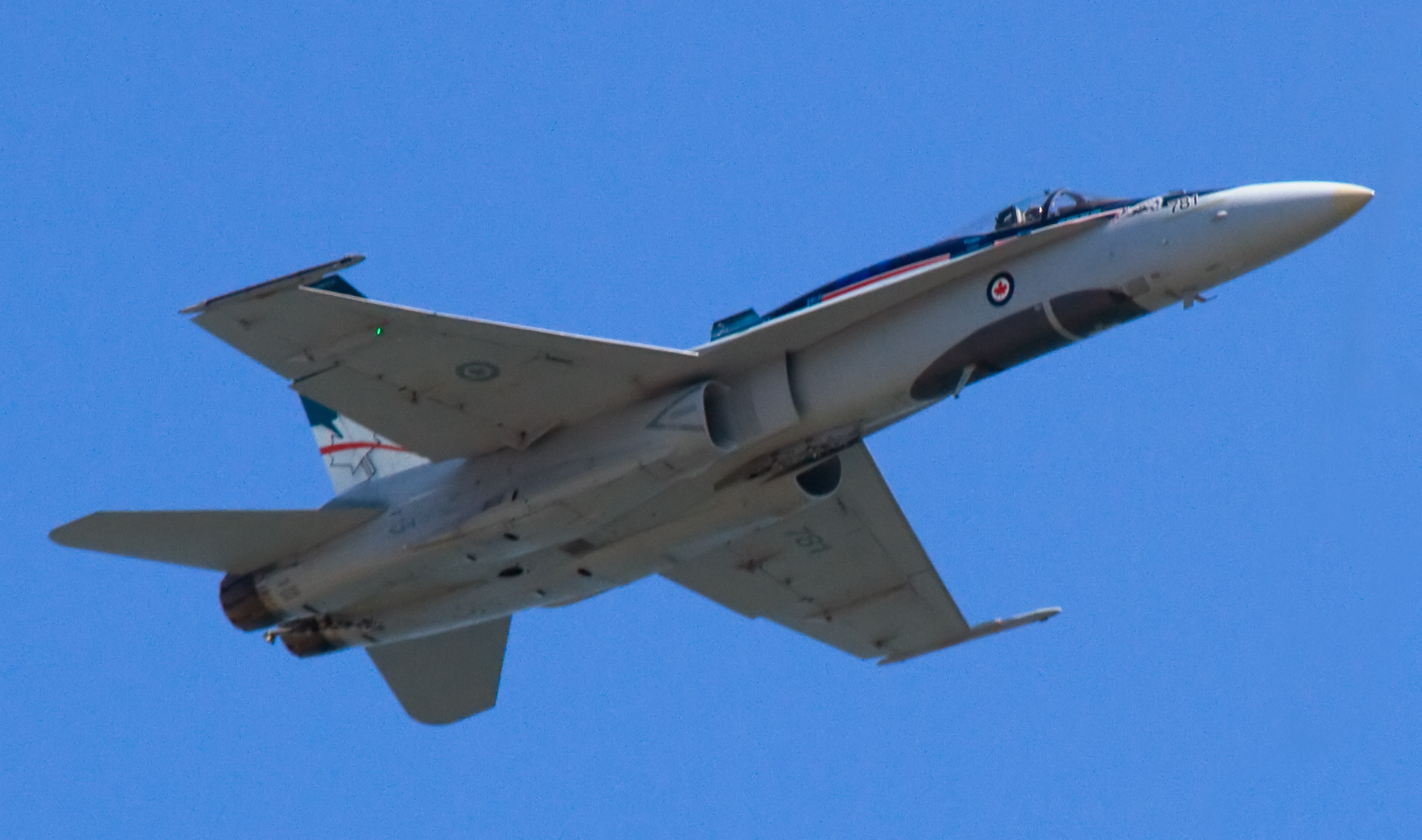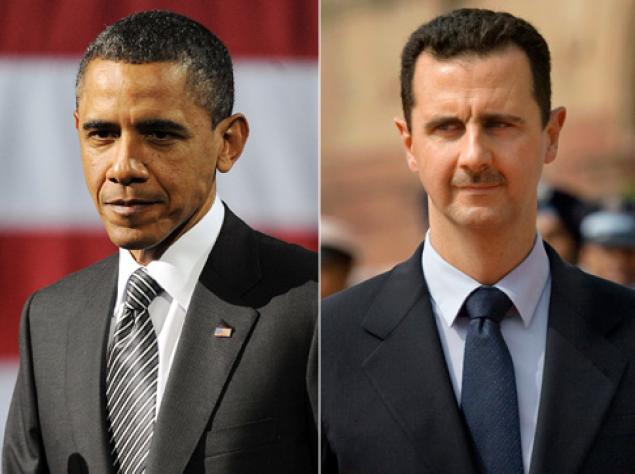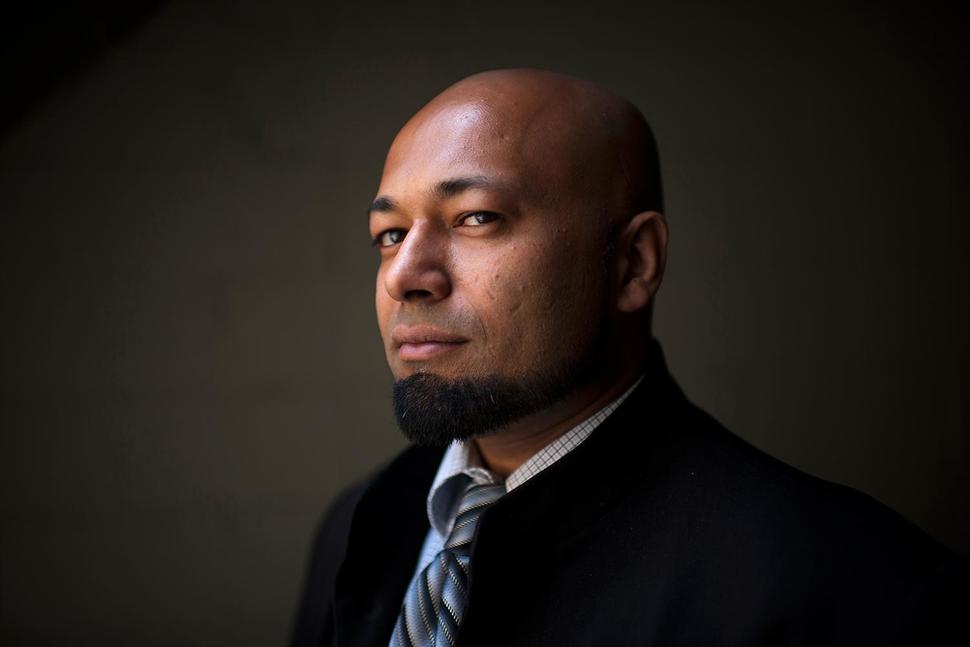While in New York last week, Prime Minister Stephen Harper revealed that the United States has formally requested “some additional contribution” from Canada in the military mission against the Islamic State (IS), and that the Canadian government “[hasn’t] ruled out anything.” PM Harper reminded the audience that Canada has already sent the 2nd-largest group of advisors to Iraq (after the US), and stated that the Canadian government is weighing its options.
The American request comes at an interesting time for Canada’s military. Commentators have recently questioned whether the Armed Forces are equipped to match the government’s aggressive foreign policy stances, especially in light of the US’ gradually decreasing capacity and seeming willingness to bear the security burden of its allies. Furthermore, political and public opposition may pose an obstacle to expanding Canada’s military.

Canada has taken strong stances on recent foreign policy developments such as the unrest in Ukraine and the Islamic State violence in the Middle East. However, Canada’s military responses to these crises have been measured, sending CF-18 jets to Romania in support of Ukraine and 69 military advisors to Iraq to help the Kurdish peshmerga against IS. Jeffrey Simpson of the Globe and Mail last week argued that Canada must step up its “deeds” in order to match its “words,” while conceding that “perhaps this has something to do with Canada’s diminishing means.” Indeed, funding for the Canadian Armed Forces (CAF) has been scarce.
Funding for the Air Force (RCAF) has been cut substantially, with the recent revelations that aircraft parts were borrowed from a museum to keep a transport airplane in operation serving as a high-profile example. The CAF’s other organs may not be any healthier. Conrad Black lamented recently that Canada has only “15 functioning navy ships and 15,000 people in the army,” and argued that the government should take steps to augment the country’s military power.
Black echoed Simpson’s position, stating that Canada should “grow into the role the prime minister’s righteously strident foreign policy assertions indicate a desire to play” – a role which necessarily requires stronger military capacity. There is also another argument for the expansion of the CAF. Brian Lee Crowley points out, as does Black, that there has been a “diminishing value of the American security guaranty” in recent decades. The most recent request for a greater Canadian role against IS may be evidence of this, thus the argument that Canada may need to accept greater responsibility for NATO security.
Others contend that Canada has, in fact, pulled its weight in NATO operations. Canada was the third-largest NATO contributor to the UNPROFOR mission in the Balkans in the 1990s and sent 4.36 percent of its Armed Forces to Afghanistan, ranking first among the contributing nations in the coalition. Nonetheless, the prevailing view appears to be that Canada needs to ramp up its military spending.
If Canada is looking to spend money expanding and updating its armed forces, however, public and political opposition may prove to be an obstacle. As Crowley notes, the average “major defence purchase” takes 16 years from when it is first discussed to when it is delivered, due in large part to prolonged debate. In fact, with the government’s decision on the procurement of a new fleet of fighter jets at a standstill, a September 29 report in the Ottawa Citizen indicates that keeping Canada’s CF-18s operational for the next decade will cost taxpayers “millions of dollars.” Recent parliamentary sessions demonstrate that Canada’s official opposition harbours some reservations regarding Canada’s role in Iraq, and indicate that an expanded mission—or an expanded military—may face opposition.
Canada’s strident foreign policy in recent months has caused some to urge for greater investment in the CAF so that there can be a perceived harmony between words and actions. While the recent American request for a greater Canadian contribution in Iraq may fuel such opinions, the practicality of expanding Canada’s military faces a number of obstacles that may persist for some time.




